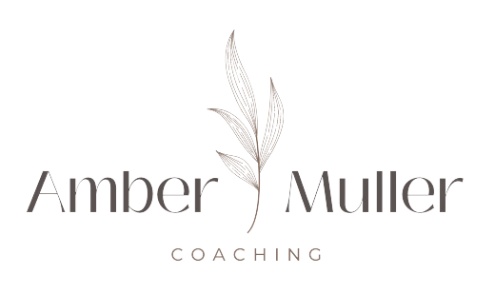Balance
Many of us are 'time poor', constantly rushing to juggle different commitments. Australia has fallen behind the rest of the developed world in trying to achieve a healthy balance between work and life outside work.
So what does work life balance even mean?
This is what Wikipedia defines work life balance as: Work–life balance is the term used to describe the balance that an individual needs between time allocated for work and other aspects of life. Areas of life other than work–life can be, but not limited to personal interests, family and social or leisure activities. The term ‘Work-Life Balance' is recent in origin, as it was first used in UK and US in the late 1970s and 1980s, respectively.
Now with Technology the 9 - 5pm working day has at most disappeared. This can be seen as a good thing as suddenly we all can start to work around our kids lives, our spouses life and we can take charge of where we spend our work time. This is seen from many people working from home, or slicing up their work days to fit in with school pick ups etc. We are now all more able to be flexible and effectively this is deemed as a better work life balance!
In reality though we are working longer hours than ever before and more stressed than ever before. With technology we are now able to be contacted 24 hours of the day. Many of us are either in burnout or heading towards burnout.
3 Tips on creating Balance.
1.Understanding what it means to be Balanced - Having a handle on aspects of your life eg work, family, me time, and not feeling like you are being pulled in every direction. This can be different for everyone.
Its important that you work out what that is for you and then write it down. If we don’t know what balance in our life looks like then we will never have it and we wont spot it when it turns up. Its extremely important and very powerful to define what it means to you, to write it down and then stick it up somewhere that you can see it daily.
2. Let go of perfectionism - Perfectionism can start at a young age. It can often show itself as being an overachiever, at school, in sports or even in your first job. . It’s easier to maintain that perfectionist habit as a kid, but as you grow up, life gets more complicated. As you climb the ladder at work and as your family grows, your responsibilities stack on and before you know it your struggling and feeling burnt out and overwhelmed.
The key is to let go of perfectionism. Perfectionism is a habit that has been created over time. As life gets more expanded it’s very hard, both neurologically and psychologically, to keep that habit of perfection going. So the healthier option is to strive not for perfection, but for excellence.
Excellence can be maintained throughout your life. It’s your earnestness and courage in living your life that determines your excellence, and that’s the measuring stick that you should apply instead of perfection.
3. Just Say No - We all spend far too much of our time trying to be people pleasers. We end up saying yes to all this stuff that we don’t really want to do, we then resent things and people and so starts the merry go round of stress from saying Yes to the things and people you should say No too.
If you’re available 24/7 to your boss’s – with all due respect – increasingly loopy and unremitting demands, and you’re the kind of person who as a result gets overloaded, try harnessing the power of no.
If you tend to say yes without thinking when you’re asked to do something extra, take a few deep breaths and wait. Don’t answer straight away. Say you’ll get back to the person who is asking, then use that time to think clearly about whether to say yes or no. If you want to say yes, fine. But if you want to say no, say no and keep saying it. Don’t justify your actions or give excuses.
Remember you own your life, your the person in the the movie and you make the decisions. There is always a pay off and a reward so make sure you know truly what is important to you.
